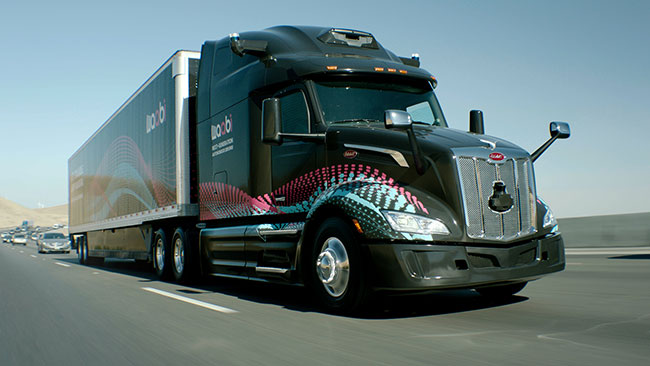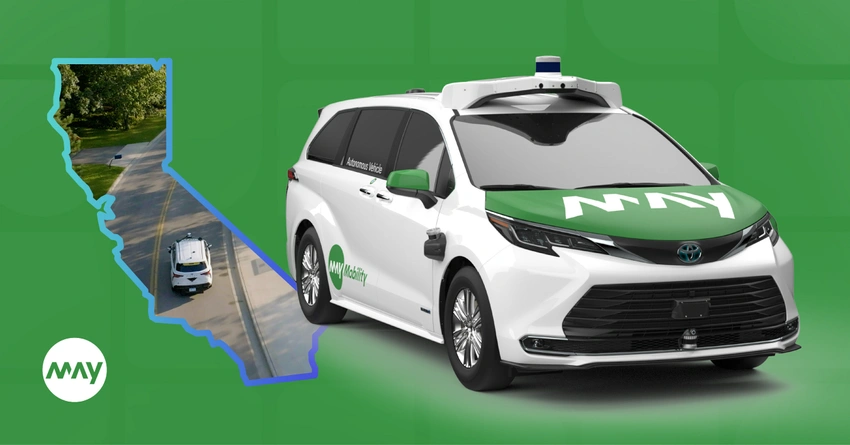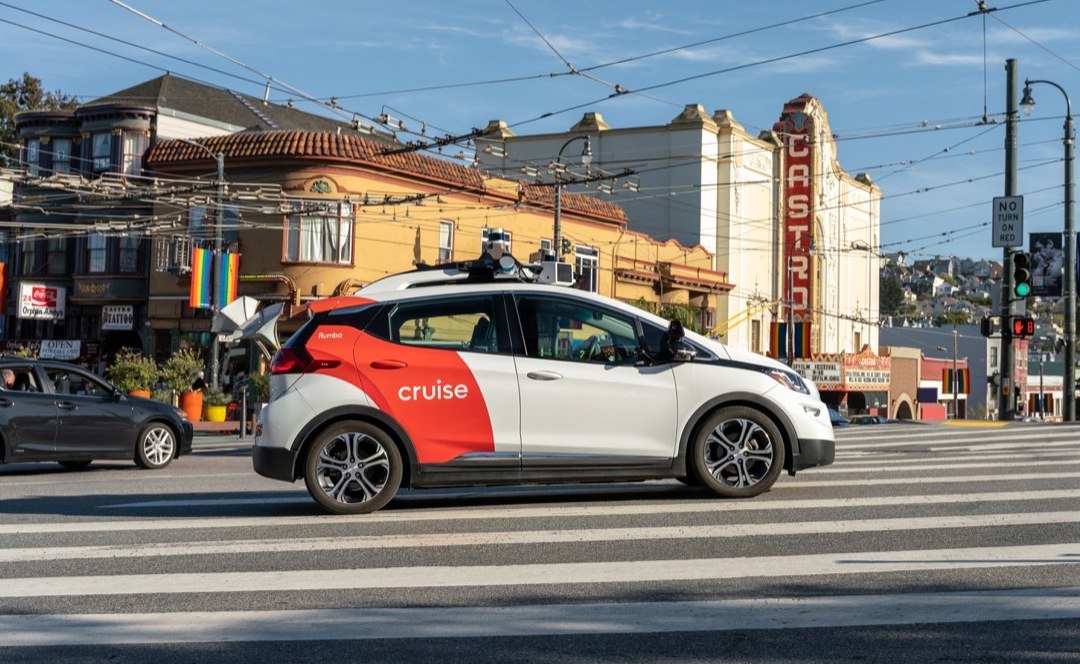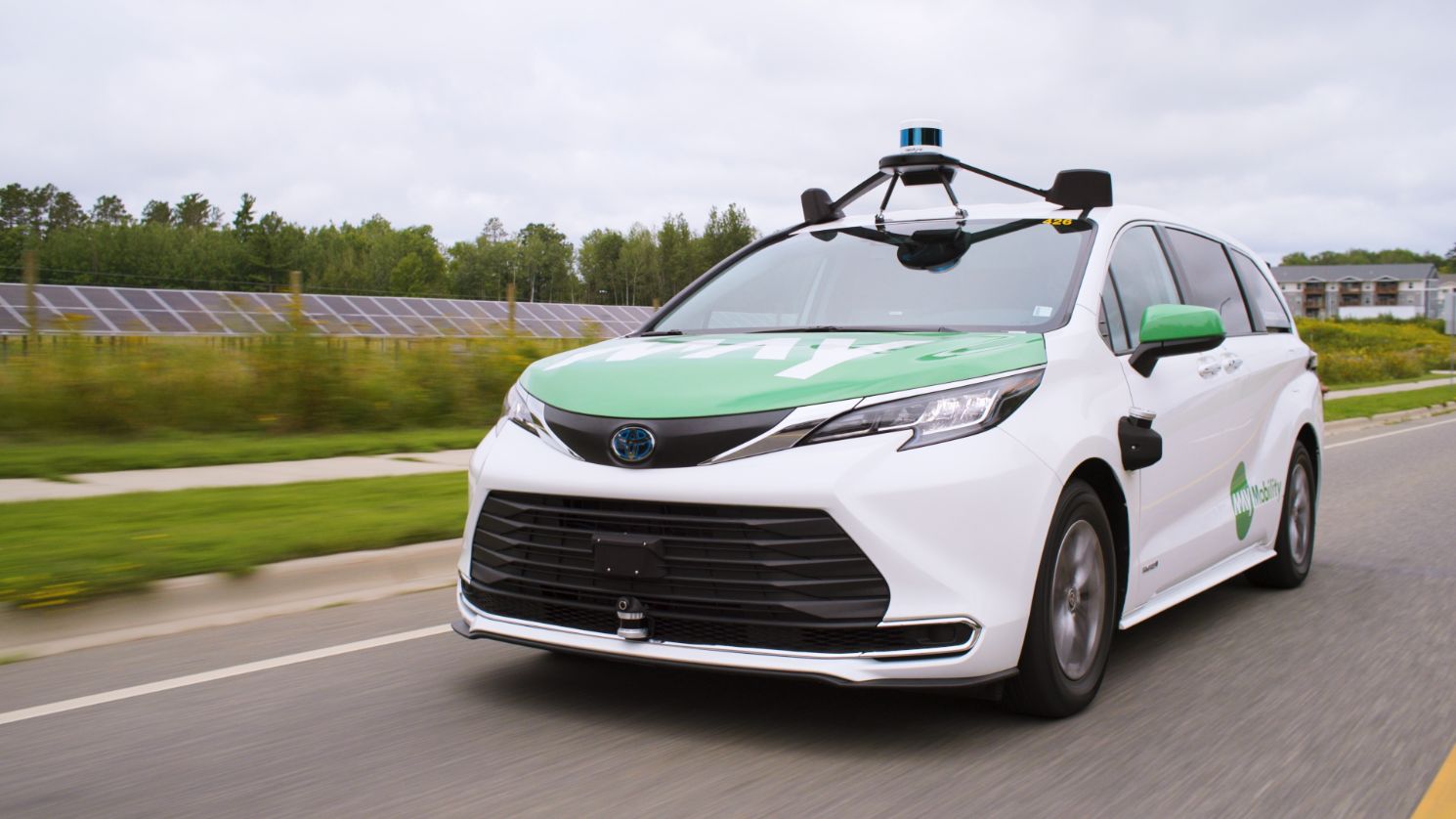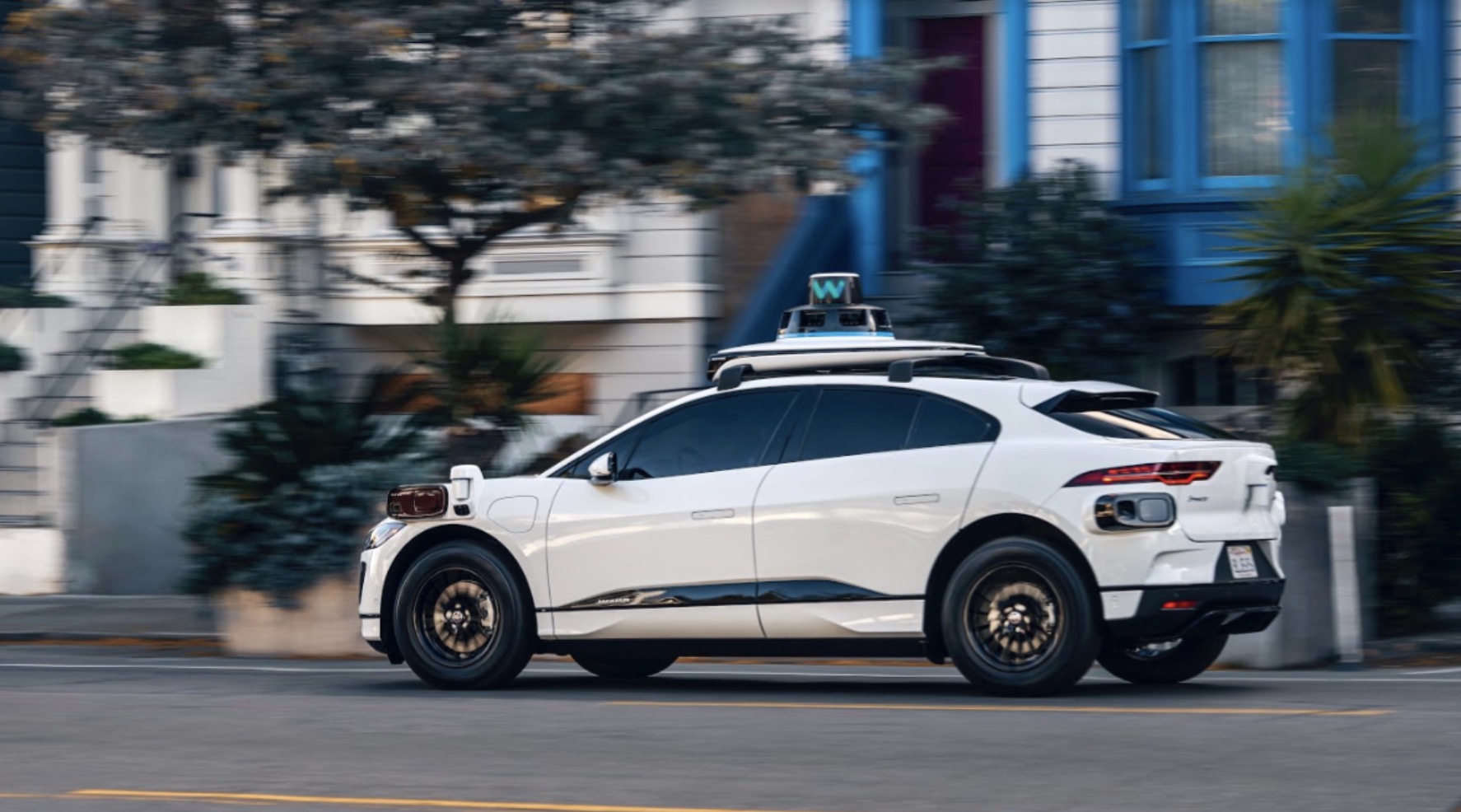Waabi has announced a groundbreaking 10-year partnership with Uber Freight. Under this collaboration, Waabi will provide billions of miles of driverless capacity to the Uber Freight network, with initial commercial pilots set to begin between Dallas and Houston.
Waabi’s unique approach to autonomous driving, characterized by its AI-centric methodology, has propelled it to the forefront of the industry in just two short years. The company employs a high-fidelity closed-loop simulator, known as Waabi World, to not only rigorously test self-driving software but also continually train and refine its systems in real-time. This innovative approach has allowed Waabi to rapidly scale and deploy its technology, setting it apart from competitors.
See also: Waabi unveils its first-generation autonomous system for commercial vehicles
Raquel Urtasun, founder and CEO of Waabi, expressed the company’s readiness for a new era of autonomous freight transportation, stating, “Waabi is open for business, and it’s open for business big time.”
Uber Freight’s partnership with Waabi bears similarities to a previous collaboration with Waymo Via, Waymo’s autonomous trucking unit. However, Uber Freight’s integration with Waabi’s technology is notably more comprehensive. The partnership seeks to seamlessly connect the software systems of both companies, optimizing network operations, load management, sustainability, and data utilization.
Lior Ron, head of Uber Freight, emphasized the depth of integration, describing it as a “Driver-as-a-Service bundle.” This bundle offers carriers access to the entire autonomous trucking ecosystem, simplifying the adoption process by providing services ranging from transfer hubs and load matching to roadside assistance and maintenance.
See also: Volvo Group Venture Capital Invests in Canadian Autonomous Trucking Technology Company Waabi
To ensure a thorough understanding of how autonomous vehicles will impact future logistics operations, supply chains, and network deployment, Uber Freight and Waabi are seeking long-term commitments from shippers, ranging from five to ten years.
While initial freight runs will take place in Texas between distribution centers, Waabi has ambitious plans to expand beyond the Houston-Dallas corridor and eventually beyond Texas. During initial testing, all trucks will have a safety driver in the front seat, but the long-term vision includes fully autonomous driving.
Uber Freight, despite experiencing a 30% year-over-year revenue drop in the second quarter, remains committed to a strategic long-term approach with Waabi. The company anticipates exponential growth once fully autonomous operations become a reality, reflecting the industry’s increasing demand for transformative technology solutions.

